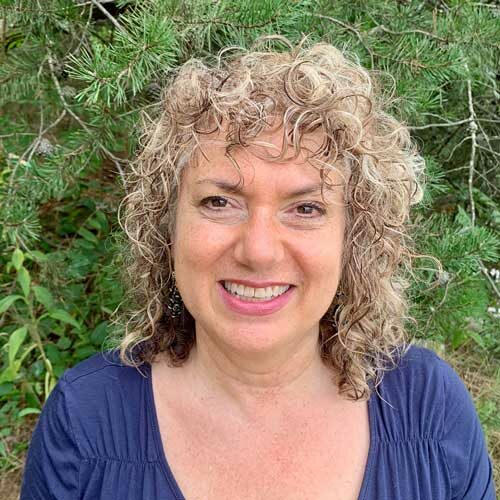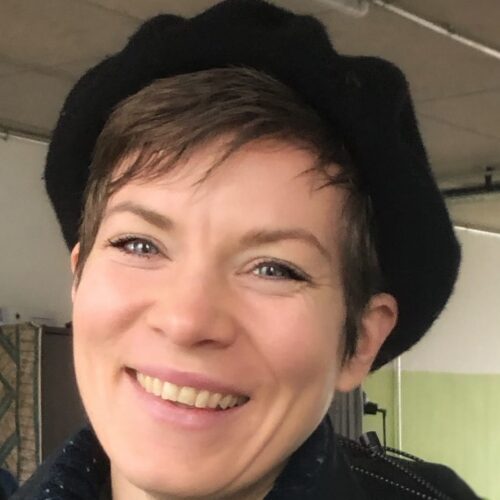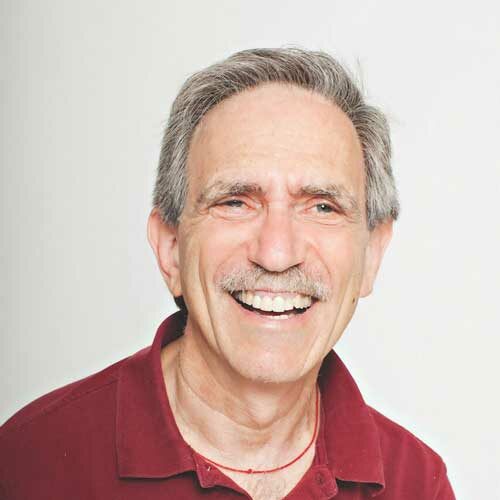The 5 precepts often given to lay practitioners are (with positive instructions in parenthesis):
I vow not to kill (Love and support all beings)
I vow not to steal (generosity)
I vow not to misuse sexuality (contentment)
I vow not to lie (compassionate truthfulness)
I vow not to intoxicate self or other (staying mindful)
We can think of precepts as aligning with our deepest intentions, known and unknown. These precepts are not “rules” as much as they are guideposts which can orient our activity in support of our liberation. We can explore them in deeper and deeper ways that encourage us to understand what it means to not kill, not steal, not misuse sexuality, not lie or not intoxicate. As we practice, our relationship to these goalposts will change, strengthen, and we gain deeper understanding of these vows.






Discussion